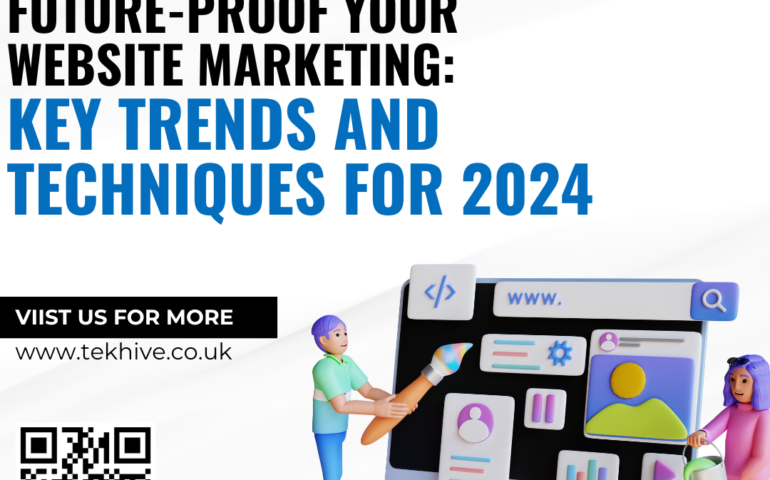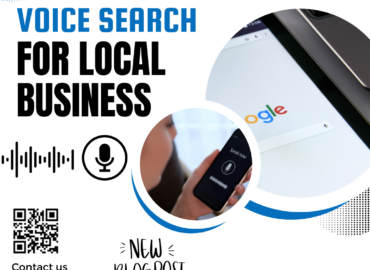
Understanding Website Marketing
In today’s digital age, mastering website marketing is crucial for any business aiming to establish a strong online presence. Effective website marketing not only drives traffic but also enhances brand visibility, increases engagement, and ultimately boosts conversions. This comprehensive guide delves into the essential strategies for optimizing your website marketing efforts to achieve significant results.

What is Website Marketing?
Website marketing refers to the various strategies and techniques used to promote a website and attract potential customers. This encompasses search engine optimization (SEO), content marketing, social media marketing, email marketing, and more. The goal is to increase website traffic, improve user experience, and drive conversions.
Why is Website Marketing Important?
In a competitive digital landscape, a robust website marketing strategy helps your site stand out from the crowd. It ensures that your website is visible to your target audience, providing valuable information that resonates with them and encourages engagement.
Search Engine Optimization (SEO)
Keyword Research
Keyword research is the foundation of any successful SEO strategy. By identifying the right keywords relevant to your industry, you can optimize your website’s content to rank higher on search engine results pages (SERPs). Use tools like Google Keyword Planner or SEMrush to find keywords with high search volume and low competition.
On-Page SEO
On-page SEO involves optimizing individual web pages to rank higher and earn more relevant traffic. Key elements include:
- Title Tags: Ensure your primary keyword appears at the beginning of the title tag.
- Meta Descriptions: Write compelling meta descriptions that include your keyword and entice users to click through.
- Headings: Use headings (H1, H2, H3) to structure your content and include relevant keywords.
- Content Optimization: Incorporate your keywords naturally into the content while providing valuable information to the reader.
- Internal Linking: Link to other relevant pages on your site to improve navigation and reduce bounce rates.
Technical SEO
Technical SEO focuses on improving the technical aspects of your website to enhance its performance and crawlability. Key aspects include:
- Site Speed: Optimize images, use caching, and minimize code to improve loading times.
- Mobile-Friendliness: Ensure your website is responsive and provides a seamless experience on mobile devices.
- XML Sitemaps: Create and submit an XML sitemap to help search engines crawl your site more effectively.
- HTTPS: Secure your site with HTTPS to enhance security and boost trustworthiness.
Content Marketing
Creating Valuable Content
Content marketing is about providing valuable, relevant content that resonates with your audience. This includes blog posts, articles, infographics, videos, and more. Focus on creating content that addresses your audience’s pain points, answers their questions, and provides solutions.
Content Calendar
Develop a content calendar to plan and schedule your content. This ensures consistency and helps you align your content with key marketing initiatives and seasonal trends.
Content Distribution
Once your content is created, it’s essential to distribute it effectively. Share your content through various channels, including social media, email newsletters, and guest posts on relevant websites. This increases visibility and drives more traffic to your site.
Social Media Marketing
Choosing the Right Platforms
Select social media platforms that align with your target audience. For example, LinkedIn is ideal for B2B marketing, while Instagram and TikTok are better suited for B2C brands.
Engaging with Your Audience
Engage with your audience through regular posts, replies to comments, and direct messages. Building a strong social media presence fosters relationships and encourages brand loyalty.
Social Media Advertising
Leverage paid social media advertising to reach a broader audience and drive targeted traffic to your website. Platforms like Facebook and Instagram offer sophisticated targeting options to help you reach your ideal customers.
Email Marketing
Building an Email List
An email list is a valuable asset for website marketing. Offer incentives such as discounts or exclusive content to encourage users to subscribe. Use sign-up forms on your website and social media channels to grow your list.
Crafting Effective Emails
Create engaging and personalized email campaigns that resonate with your audience. Use compelling subject lines, clear calls to action (CTAs), and relevant content to drive engagement and conversions.
Analyzing Email Performance
Track key metrics such as open rates, click-through rates, and conversion rates to assess the effectiveness of your email campaigns. Use this data to refine your strategy and improve future campaigns.
Analytics and Performance Tracking
Setting Up Analytics
Implement tools like Google Analytics to track your website’s performance. Monitor metrics such as traffic sources, user behavior, and conversion rates to gain insights into how your marketing efforts are performing.
Measuring ROI
Evaluate the return on investment (ROI) for your marketing activities. This involves comparing the costs of your marketing efforts with the revenue generated. Use this information to allocate resources effectively and optimize your strategy.
Continuous Improvement
Website marketing is an ongoing process. Regularly review your performance data, stay updated with industry trends, and adjust your strategy to ensure continued success.

Effective Website Marketing
Effective website marketing is essential for building a strong online presence and achieving business success. By implementing strategies such as SEO, content marketing, social media marketing, and email marketing, you can drive traffic, engage your audience, and boost conversions. Remember to continuously analyze your performance and adapt your strategies to stay ahead of the competition.
If you want to read more information about how to boost your website traffic, just visit –> TekHive





